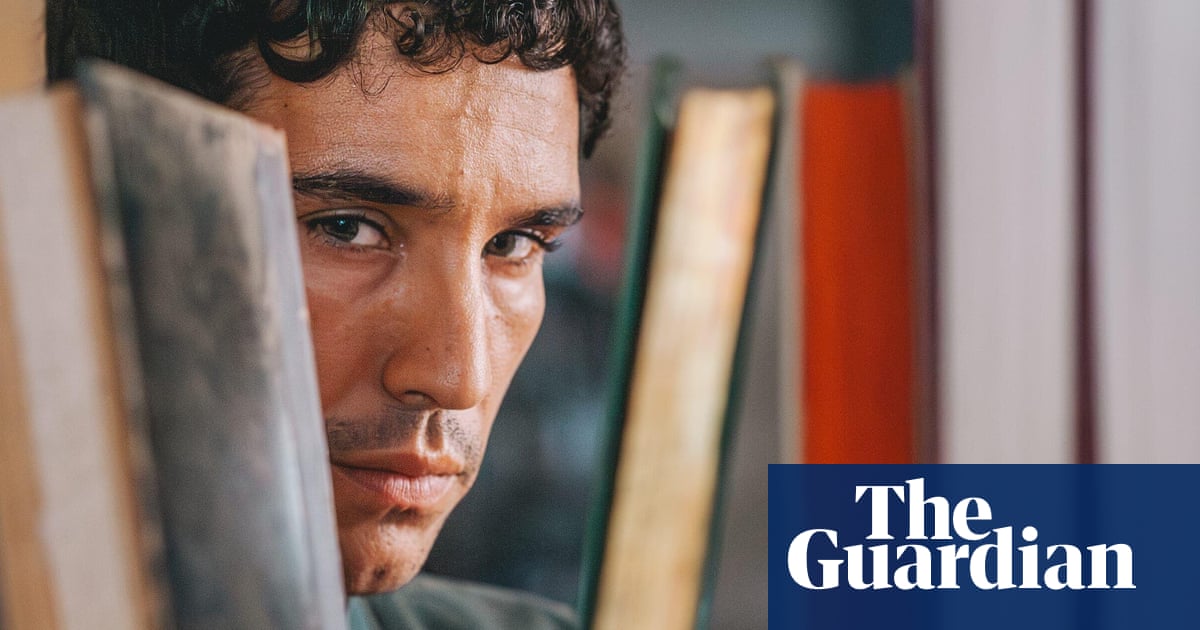
"Millet's new film, Ghost Trail, follows a Syrian refugee in Strasbourg as he attempts to locate the man who brutalised him in Sednaya prison, Damascus. Ghost Trail therefore joins the roll call of cerebral films that manufacture an uncanny power from what isn't depicted. But here, it's not achieved in exactly the same fashion as ones where the consequential action is cropped out of view."
"It unfolds like a spy movie as a refugee called Hamid obsessively shadows a university professor he believes to be his former tormentor. Savouring his smell and the sound of his voice in a way that borders on the erotic, it's as if he's trying to grasp his unseen essence, and everything it implies. With this sense of politics, history and violence hidden in plain sight, the film it most resembles is Michael Haneke's 2005 classic Hidden."
Ghost Trail follows a Syrian refugee in Strasbourg who attempts to locate the man who brutalised him in Sednaya prison, Damascus. The film refuses to show images of torture, instead compressing invisible violence into characters performing banal actions and into sensory detail. The narrative unfolds like a spy movie as the refugee, Hamid, obsessively shadows a university professor he believes to be his former tormentor, savouring his smell and the sound of his voice. The film evokes politics, history and violence hidden in plain sight, drawing stylistic parallels with Haneke's Hidden and Akerman's Jeanne Dielman. Millet's background includes documentaries about Ceuta, the Antarctic and the Amazon, and research into European vigilante groups who tracked former Assad collaborators informs the film's premise.
Read at www.theguardian.com
Unable to calculate read time
Collection
[
|
...
]